Pro-US and Anti-Russian Japan: Eyewitness Overview and Predictions (Striking parallels between Japan and Poland)
The handicap of knowing only one language–I feel for the Japanese, but they don’t know what they are missing. They all learn “English,” but it is taught in such a way as to both traumatize them and leave them incapable of communicating with foreigners. With such an inward focus, they are helpless against government propaganda. Information trickles in slowly, such that, for example, none of the knowledge from the last 20 years about treating type 2 diabetes with a low-carb approach has reached them, and a large portion of the population is ripe for the harvest by the medical mafia.
Learning a new language is like getting the keys to a new, snazzy, most amazing car. And when you can talk to people in their own language, they really open up. Lada, I could volunteer to help translate small articles or portions of articles in Russian into English, perhaps once a week.
I also have a question, since my crystal ball (Sears & Roebuck) gives me all kinds of future scenarios, how do you see the relationship between Japan and Russia evolving? Japan has attempted to straddle East and West (obviously difficult if they can’t even speak another language!), and they fancy themselves “western.” From my perspective, though, they are thoroughly eastern. The pro-Russian element in Japan has been presented as “right wing,” but that turns out to have been propaganda. Former prime minister Hatoyama is by no means right wing. The right wing is very unpopular with the middle class majority over its role in WWII, so calling pro-Russian sentiment “right wing” was a way of discrediting it. The right wing, that I associate with as a priestess, is unanimous in hating Russia. But again, they are an unpopular minority, becoming more and more unpopular now as Abe tries to resurrect an active military at the behest of the ever more desperate America. I’ll be surprised if the silent majority here does not oust Abe rather soon. Still, the average Japanese sees Russia as the number one enemy and Putin as a schemer, because that is what is being presented to them in their own language, which they must rely on for their news. They reject any attempt on my part to enlighten them as “Russian propaganda,” which they hear is rampant.
This is a brief on-the-ground report from the rural sidelines, but I can send you interesting bits as they arrive here.
Lada says
ANALYSIS AND PREDICTIONS RE. JAPAN
Politically, I do not foresee any improvement between Russia and Japan at this time. Economically, there is a little bit of positive, mutually interested development.
The propaganda has very deeply penetrated Japanese society. The future of bilateral relations is murky and uncertain – that’s why Patricia is seeing a confusing picture: it is undecided and confusing; it’s one step forward, two steps sideways. Distrust by average Japanese towards Russia will continue, heated up by the US-supported MSM and political propaganda.
I have to say, average Russians also don’t feel so hot towards Japan. These are very old suspicions. Pity – there is so much both Russia and Japan could accomplish together and learn from each other! Attempts are being made by Russia, but all this goes nowhere. Russia and Japan still don’t have a signed peace treaty after WWII. Imagine that!
The way Japanese MSM and politicians present it, Russia is the biggest enemy, while it was actually their ‘official protector’ the US that dropped A-bombs on Hiroshima and Nagasaki and still has bases on Japanese territory. In favor of creating the image of the arch-villain out of Russia they even forget their other eternal arch-enemy No. 1.5 – China. It would be hilarious if it wasn’t so sad!
I am not advocating Japan becoming an enemy of the US – just the opposite. For Japan it’s crucial to make up with all neighbors, including Chinese, Vietnamese and Russians, while maintaining good relations with everyone else. The thing is, historically speaking Japan is considered the biggest bully and aggressor in Asia, where just about every country distrusts and has a grudge against them. This is why Japan doesn’t feel like an Eastern nation, preferring to side with the West. No one really accepts them in the East, and their own policies and uncompromising, arrogant attitudes towards neighbors only reinforce that alienation.
From this perspective, Japan is a perfect vibrational match to the USA. No wonder they are such good friends, despite all the latest frictions. Some of the friction is for show, while certain agreement on issues still exists. The rest is Japanese politicians playing off the populist nationalistic sentiment of their countrymen. Either way, Japanese politicians are hardly doing any favors for the long-term development of their country.
US will continue keeping Japan under tight control for at least another 5-7 years, or more (depends on economic interests and how soon Europe swings to Russian side). Russian – Japanese business will be developing a little, as it has, because it’s mutually beneficial. But nationalism will persist and authorities will continue playing anti-Russian and anti-Chinese cards to keep their power.
PM Abe is really inconsequential. It doesn’t matter who will come after him as they will act like twins. This is the time for ANY PM who is nationalistic; yells about returning the Kuril Islands (um… excuse me, ‘northern territories’) – which, by the way, will never happen; escalates military spending, while behind the scenes takes orders from bosses across the ocean, etc.
Kuril Islands and Sakhalin were Russian territories before the 20th century, and they became part of Japan after Russia lost Russo-Japanese war in 1904. As a result of WWII, Russia got the Kuril Islands and Sakhalin back as part of Japanese reparations after Japan lost on the side of Hitler.
It is important to understand one crucial thing about Japanese politicians. It is imperative for them to scream about Kuril Islands and Russia as aggressor in order to divert attention from the true problems inside the country. And these are: 1. the de-facto occupation by the US, complete with US naval bases; 2. Fukushima consequences; 3. economic situation and debt problem; 4. unresolved historic issues, including Hiroshima; 5. social dissatisfaction of a very closed-up society.
Of course Japanese MSM, like MSM almost everywhere in the world, is under the US thumb.
Former Japanese PM Hatoyama is known for his recent surprise visit to Crimea, which he accomplished despite the heat such visit drew in Japan. He is a surprisingly decent and brave guy for a Japanese politician, but he has no chance right now. Maybe in a few years. Being thought of as associated with Russia in any way (even though there is really no association) only hurts his chances of being heard. Pity, but this is the reality.
Still, what Hatoyama has done wasn’t only brave, but also was necessary to shutter the so-called “unified Western front” in relation to Crimea. Actually, his very courageous feat caused a European shift. Since then, a French parliamentary delegation has visited Crimea, and I believe a German Bundestag delegation is next.
Striking parallels between Japan and Poland you would never imagine existed!
In some ways, Japan as far as its political composition and views go, reminds me of Poland. But I think even in Poland there are more people who see the world situation with clearer eyes. This is because more Poles speak Russian and still remember the old days when Russia/USSR did absolutely everything to extend the hand of friendship to Poland, forgetting the old grudges.
You all know my view on this: perhaps the USSR and Russia have overdone the forgiveness thing. Not only the USSR liberated Poland in 1945 at the cost of hundreds of thousands of lives, but Stalin also made sure Poland received a huge chunk of German territory after WWII, as part of German reparations. USSR also saw to it that Polish economy did well, investing resources and money USSR should have kept for its own after-the-war reconstruction and development.
Meanwhile before the war, Poland under its virtual dictator Pilsudski had been a pretty vicious aggressor. Using Hitler’s aggression as a distraction, Poland tried to bite off pieces of Czechoslovakia, Austria, and any country they could get their hands on. This was Polish attitude historically, including attempts to invade Russia to replace Russian tsars with usurpers. Not to mention that since 18-19th century Poland was consistently engaged in molding Malorussia, aka, Malorossia (known today as Ukraine) into anti-Russia.
The USSR, preferring to sweep the truth under the rug, caused Poland to feel they didn’t have to pay the price for past misdeeds, encouraging in turn more arrogance, playing victim, and bolder aggression, which we are observing today.
As we know, Japan did pay a dear price in the form of territories, lives and humiliation, for the WWII and pre-war aggression, as did Germany. In that, Japan and Poland are very different.
Poland and Japan are also very different in terms of culture.
Finally, Japan is a much more economically developed country, with infinitely larger economy, which once was the engine of global growth, and substantially higher standard of living than Poland. (But both countries are very similar in a sense of embracing the Western lifestyle and capitalist economic principles based on US ‘advice’ – Japan after WWII and Poland after the breakup of the USSR – and paying for their capitalist development by raking in insurmountable level of debt, which is now coming back to haunt them.)
Yet, both Poland and Japan, being so different in just about every sense, are:
- Thoroughly and willingly under the US thumb;
- Have a lot of historic distrust relative to ALL neighbors;
- This causes them to rely on alliance with the US against closest neighbors, US being the only country their selective memory forgives for any wrongdoing;
- Both countries have substantial territorial disputes with more than one neighbor;
- MSM/politicians in both are engaged in pretty vicious anti-Russian propaganda, while being supported by the US, and in fact, serving as US Trojan Horses in their respective regions;
- Additional very strong countries in their vicinity, which they regard with jealousy and extreme distrust: Germany for Poland and China for Japan;
- Both countries secretly dream about restoring their failed empires.
I can tell you with absolute confidence – this is a way to nowhere.
Economy will eventually cause both countries to reconsider and back off. But before that happens, both Japan and Poland – so easily manipulated due to their ulterior motives, such as nationalism and imperial ambitions – will cause a lot of trouble for Russia, Eurasia and for themselves.
My QUANTUM CALIBRATIONS will give you an additional layer of clarity!
Japan as a whole country presently calibrates at: 150 – anger; Chi: 180 – pride
Tokyo as a whole city calibrates at: 180 – pride; Chi 189 – pride.
Fukushima situation in reality calibrates at: 110 – fear; Chi 85 – grief — in other words, real disaster; although it’s better than a couple of years ago.
Real state of Japanese economy calibrates at: 95 – grief. See, THIS is the truth – this is what they are really trying to hide by yelling about Russia as enemy No. 1! Japanese economy isn’t doing so hot.
Real state of Japanese-Russian relations: 150 – anger
State of China-Japan relations: 85 – grief
Real state of Japanese-US relations: 198 – yearning/striving. Isn’t that interesting! What are they striving and yearning for? To be accepted by the US as equals? Or they are desperately trying to keep the front, while the deep-seated cracks start appearing?
You can find out all about my Quantum Calibrations, including case studies, videos, my complete Calibration scale, descriptions and readings on LadaRay.info.
Read all posts in this series: Ask Lada
Co-create your future with Lada Ray READINGS & CONSULTATIONS:
Quantum Calibrations — Earth & Personal Shift — Earth Shift Predictions — Feng Shui
Follow: Lada Ray Channel FuturisTrendcast Lada Ray Blog Twitter @LadaTweets G+
Posted on August 7, 2015, in Ask Lada, Eurasia, Geopolitical Trends, Predictions 2014 & Long-Term, Quantum & Geo Calibrations, Russia and tagged Asia, ask Lada, border disputes, China, Crimea, Earth Shift, Fukushima, Hiroshima and Nagasaki bombing, Hitler, Japan, Japan PM Abe, Kuril Islands, Lada Ray predictions, militarism, MSM propaganda, nationalism, Poland, prime minister Hatoyama, Quantum Calibrations, reparations, Russian-Japanese relations, Sakhalin, US bases in Japan, US-Japan relations, WWII. Bookmark the permalink. 19 Comments.

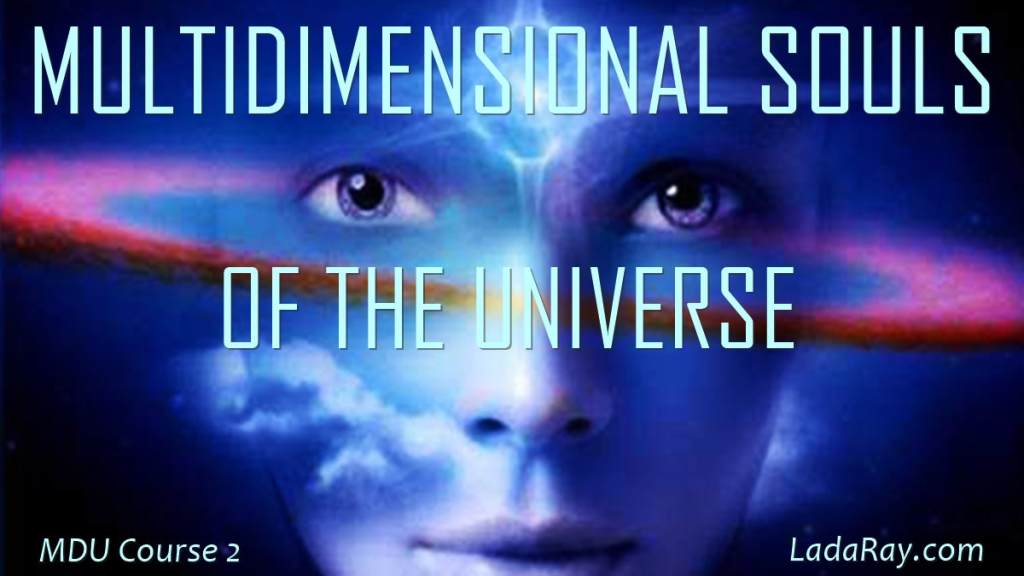



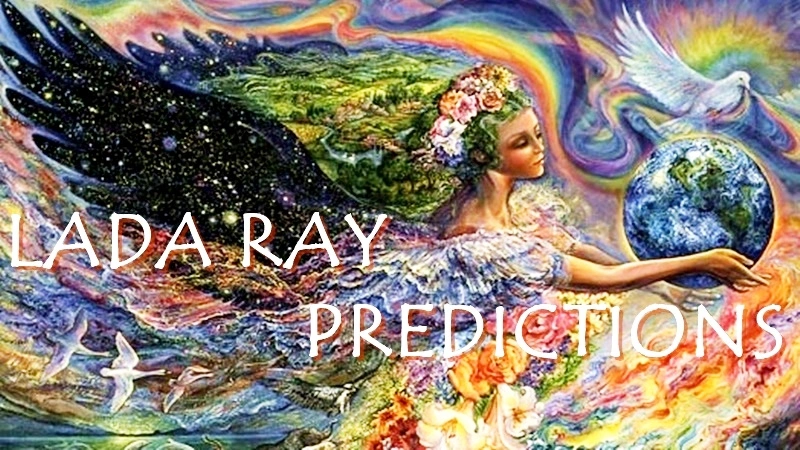
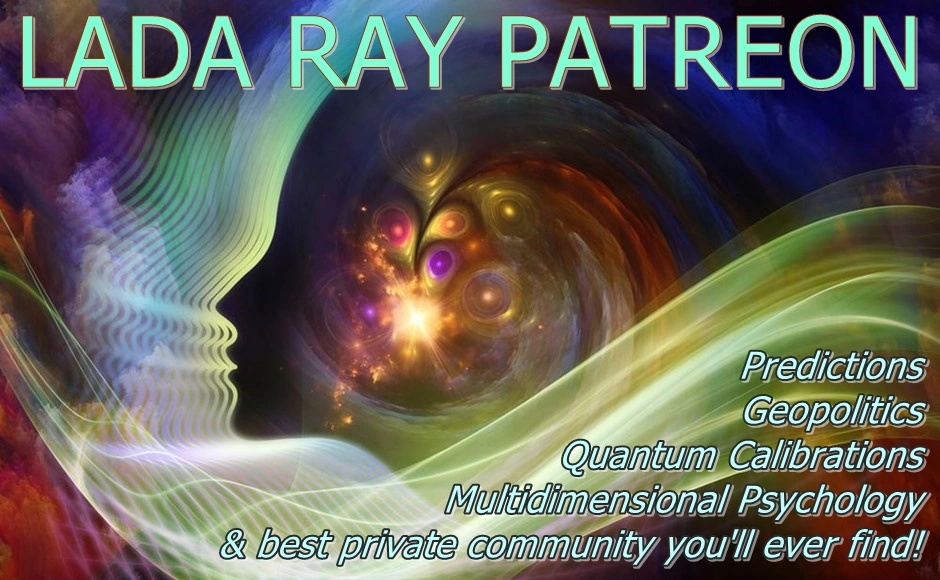
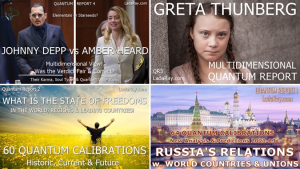

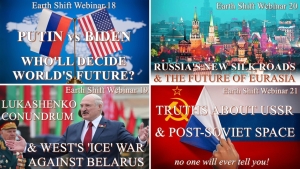


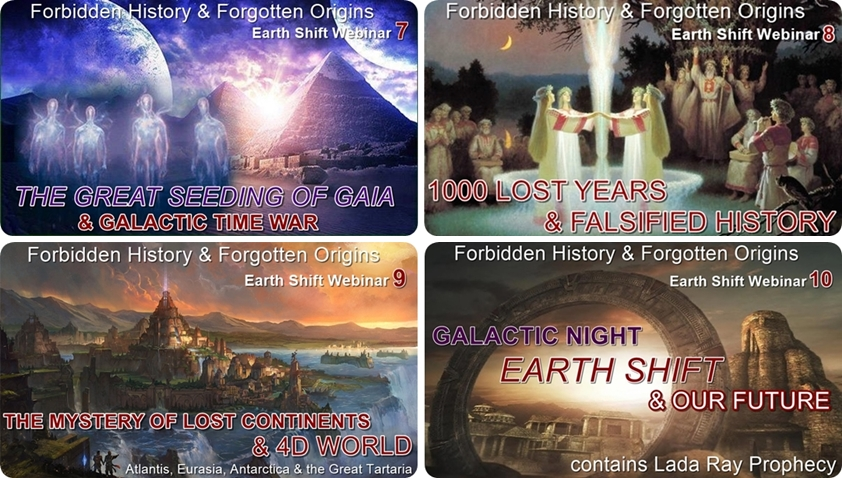
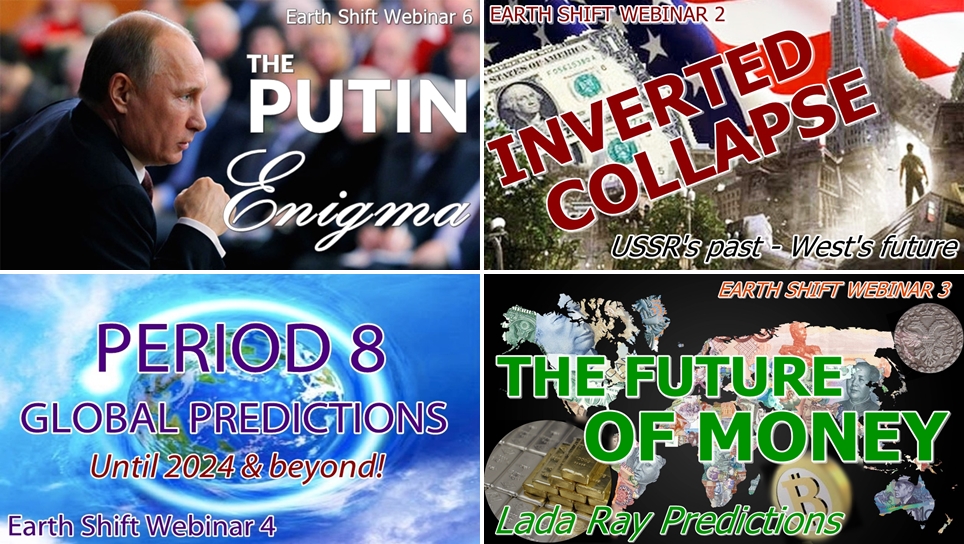


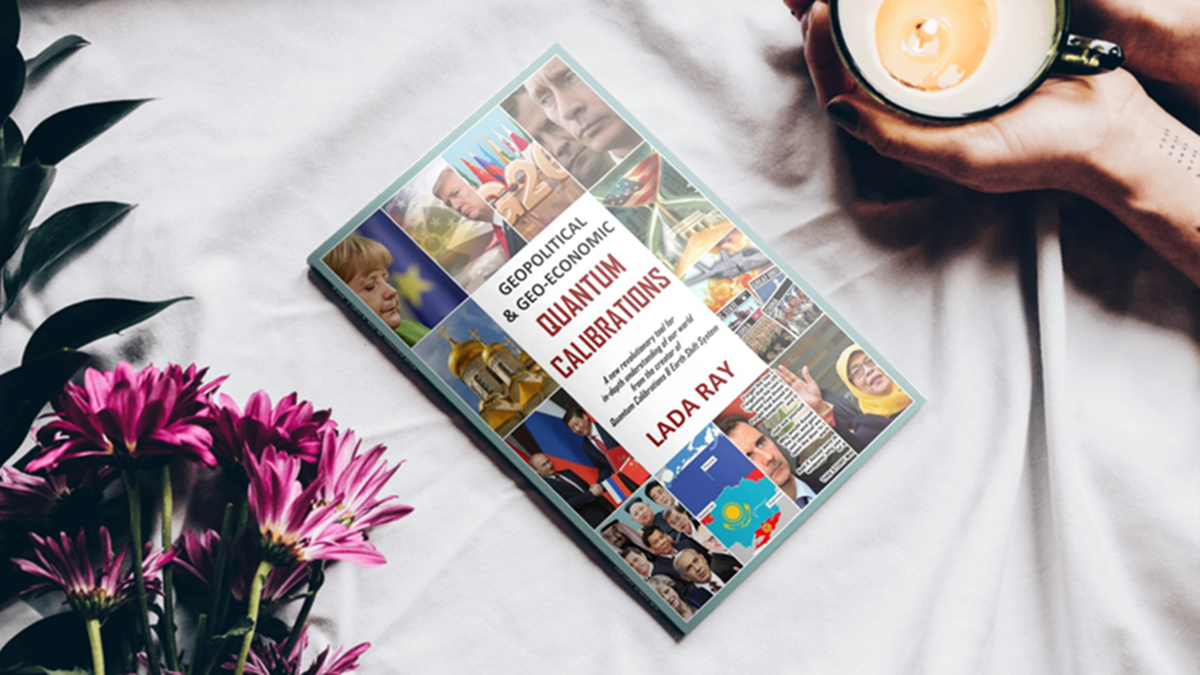







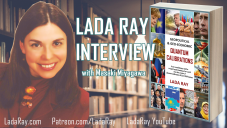


Thanks for the interesting and insightful article, Lada.
LikeLike
Nice article! I agree very much with what you have written. I’ll be in touch with you later.
pat
LikeLike
I don’t see any out for Japan right now, they’ve tied their fortunes to the sinking Anglo-American ship. Good report! 🙂
LikeLiked by 1 person
I am still reading the article, but here are some comments so far:
1. Post WWII. Yes, there is still no peace treaty. After the war, USSR, as a gesture of good faith, actually proposed that Japan would get two smaller islands as part of the settlement, but this was rejected under the threats from USA. A few years ago, (if I am not mistaken) Medvedev, riding on the success of settling a territorial water dispute with Norway, aired this idea again and was turned down by Japan.
2. Attitude from the Russians. It is polarised. Interestingly one fragment of Japanese pop culture has become a bridge in building better relations: anime.
3. Delegations to Crimea: Italian MPs are planning a visit to Crimea in the beginning of October
4. Japan as a being under US thumb. Few remember the KAL-007 flight disaster, which, like MH-17 now, was back then blamed solely on USSR.
Michel Brun conducted an investigation and found traces, leading to Japan, among other places…
LikeLiked by 1 person
Hi Lada
Good article and insight into Japan. Thanks
I wonder have you heard the reports about President Putin issuing a warning to Turkey over Syria? Webster Tarpley and some others are pushing this quite hard; but I cannot find any credible mainstream reports about it. Surely there would be if it were real. It’s the kind of thing the Washington regime would be all over.
Any comment?
LikeLike
No, nothing of the sort. Official warning would have been in the Russian press. You do know US alternative media often pushes sensationalist stuff, don’t you?
I did write about it in IS PUTIN PART OF NWO.
Unofficially, there are differences between Russia and Turkey at the moment. Russians will resolve them slowly and quietly – same as Ukraine and Moldova things. In reality, it’s all a war between Russia and US – new vs old – as we have discussed so many times.
Cheers
LikeLiked by 1 person
Thanks Lada. I was sure it was a false report.
I think it was originally from the Moscow Times.
Not 100% about that.
LikeLike
I don’t know this publication well, and if it’s not on my radar, it’s prob not so great. Moscow Times, I beleive, copies western MSM in their manner. Most world MSM has become poisoned by US, except some. MSM = sensationalism and distorted truth. Always remember this formula.
Best
LikeLike
When US laws come back to roost:
http://www.globalresearch.ca/us-congress-and-president-obama-officially-recognize-donbass-public-law-86-90-1959/5467942
The Captive Nations Week Resolution passed by both the Senate and House of Representatives in 1959 and reissued as a Presidential Proclamation every year for the last 56 years (also known as Public Law 86-90) affirms the RECOGNITION of the “Don” (Donetsk and Lugansk Peoples Republics are core countries of a Cossackia) as well as a future Zaporozhyian Republic (currently Zaporozhye Oblast).
And a heads-up. Right Sector was planning a bloody provocation in Odessa for today, but it seems to have been disrupted.
LikeLike
re: Russian warning to Turkey
Those kinds of things can’t be made public. Whether it is real or not is another matter. Certainly, Turkey and Russia have almost totally different interests when it comes to Syria and ISIS. Turkey would ideally like to use ISIS for things, such as destabilizing enemies in Central Asia or the Caucasus, and this would be very painful for Russia. Compromises on gas prices are not so hard but the geostrategic issues are not so simple.
And Peskov’s denial seemed like a non-denial denial to me. Again, nothing remotely like this can be made public.
—
As for Japan, I admit to being a conspiracy theorist, but think the visible reality is not usually accurate. The visible right wing is on the US payroll, and they discredit nationalism. They also make a handy scapegoat when a politician or journalist or whoever needs to be killed. The invisible, but real, right wing would come out of the war and be found in things like Tokyo Electric or what is called the Kanto-gun, which is a bit hard to explain, however, Abe and his grandfather Kishi would be card-carrying members of that faction. The other seriously complicating factor in all this is that the real right wing has very serious ties to North Korea. Japan was a multinational empire, with Korea the major part. The collapse of Japan at the end of the war had tragic consequences for Korea, which eventually led to the Korean War, with its huge casualties and population transfers. And a lot of the transfers were to Japan. Anyway, the Japanese militarist side of the Korean War was North Korea, despite the angle of Communism. Thus, Japan and South Korea have actually had rather lousy relations over the years, and anyone living in Japan can tell you that the newspapers have a bad-mouthing story about SK on the front page almost every day. An additional angle to this is that Japan and Russia want to develop the immense natural resources in NK, along with infrastructure. Obviously, SK has different interests, but does want some pipelines and trains going to Siberia. The Yakuza are probably at least 70% North Korean by ancestry.
Setting the above aside, Japan is totally under US occupation. Tokyo is one big playground for the Langley and Fort Meade boys. Look at how easily the US crushed the Hatoyama administration a few years ago. They didn’t even need to work up a sweat. Perhaps this was due to the media ownership, but I happen to suspect that the threat of violence is the real issue.
The sad thing in this is that the only way for Japan to break free is to develop a military and nasty internal police, both of which seem to be happening. They will become more independent of the US, but perhaps start to throw their weight around. When you factor in the economic challenges, it could be an ugly wildcard.
Japan has rarely had much of a system where public preferences really impacted the decisions made by the elite. Currently, elections seem rigged to an almost ridiculous degree in my opinion. So the issue is what elite factions want to do. They tried gaining a bit of freedom from US domination by allowing Hatoyama to win a number of years ago, but the US quickly smashed that. So now they are trying to use military and police force. Perhaps that will work. In any case, the sad reality is that public input is so small has to hardly exist at this point. I have heard Japanese joke that the polls saying Abe had an approval rating of 53% were off by a digit. It should be 5.3%. Sounds about right.
My perspective would be based on Tokyo and the Kansai region, which includes Osaka and Kyoto. Have no idea how the rural areas see things, but regional newspapers are often dramatically freer to report some truth about things like Fukushima than the national ones.
LikeLiked by 1 person
Hi Paul, good to see you back.
Re Turkey: it is exactly as I said – quiet and slow remolding of the situation based on hints and economic interests. Nothing to guess here. It will be exactly as I said.
Thanks for sharing your inside perspective on Japan. This is always very valuable!
But – militarism always got out of hand for Japan in the past and they were usually outplayed geopolitically. If I were them, I’d be super-careful not to step on the same rake again. And I am being super-charitable in this assessment. If they get smart enough to take the hand Russia is extending them (some Japanese want that), they will be MUCH better off. But no signs of that so far really. Again I’m being nice in regards to Japan; could be harsher.
Best wishes
LikeLiked by 1 person
Paul, I agree with you on almost everything you have written here. Rural areas, however, are no freer to discuss Fukushima than the national media. The silence of the media was surprisingly swift in wake of passage of the States Secret bill. But the media never liked to rock the boat here in Japan anyway and have always been willing to make themselves the government’s tool. Tony Boys, who lives in Ibaraki Pref. and commutes regularly to Sendai, says the result is tht the Japanese have basically forgotten that there are ongoing problems with radioactivity. The foreign students he meets are all very concerned about it, in contrast.
After the war, the entire populace was keen on democracy, and particularly the women eagerly voted. But then they saw that it was all a play and nothing of importance changed, so then they took to the streets for a while. But that didn’t change anything either, so they all acquiesced and tuned it out. The occasional politician tries to make a break from it, but we all see what happens. They drug him and publicly shame him and then “suicide” him in some hotel. America (what part remains awake) is coming to terms right now with the same sort of reality.
My husband gets his news from certain weekly magazines and the occasional paperback expose, but they have not had much to say over the last year or so, except about China. We’ve really lost the free press here.
I am curious about the Korean connection of the yakuza and right wing. What my husband and I know is that the Koreans are at the bottom of Japanese society, and take on certain jobs like pachinko parlour that don’t discriminate. The yakuza prey on them for protection money. But as far as my husband knows, the right wing has nothing to do with Koreans. The yakuza would be more open to anyone with enough brains. My husband talks with them regularly. Recently they’ve adopted a “point system.” It’s hard times for them too. My experience with the right wing wherever I encounter them is that they are fiercely xenophobic. It seems to be a hallmark of the right wing in any country. From whom are you learning about this Korean connection?
Lada is right that Japan has preyed unilaterally on Korea and any other country within its grasp. They are not likely to do that again in the foreseeable future, but other countries are right to be wary because the same conditions that caused them to seek foreign conquest will probably play out again when resources are constrained. They are a lot like the Vikings. Their raids are driven by an ideology, but the ideology has its roots in the physical environment.
LikeLike
http://themillenniumreport.com/2015/08/hiroshima-nagasaki-atomic-bombings-greatest-war-crimes-of-the-modern-history/
LikeLike
Doreen, thanks for the link. I’ll allow it this time; but remember, per BLOG RULES, FT doesn’t permit bare links, without a comment to accompany it. TYVM
LikeLike
Lada,
Maybe we are entering a better age, and brute force will no longer call the shots. Let us hope so. In the case of both Japan and Turkey, the problem is that economic interests are secondary to geopolitical ones. Russia may want to offer a hand to Japan or Turkey, but the hand Japan needs is a cleaning of American power, and Russia doesn’t really have a way of doing that. In the case of Turkey, a gradual improvement of economic relations is likely but they simply have vastly different goals. Turkey wants to control Syria and the Caucasus. Russia doesn’t want that, and doesn’t even want a compromise where Turkey gets one of the two. Similarly, the EU wants to control Eastern Europe, and Russia doesn’t want that. It is just a matter of power. Nothing new under the Sun. The only question is if we can manage to enter a better age. We do seem to be making some progress.
To me, a big part of the problem is that there is little downside for the bad guys in doing evil. Has the US suffered from what it did in Kiev? Not much. How about in getting rid of Hatoyama? Hardly. Maybe in smashing Libya? No way; they stole tens or hundreds of billions of euros, plus oil rights. The helping hand Libyans needed was military or diplomatic, and they got none, not even from supposed friends, such as South Africa.
LikeLike
You are right about too little of the downside for the bad guys. This is why it’s so easy to do evil in our world and so hard to do good. Seemingly, evil is rarely punished properly. The only mechanism is karmic, but most people don’t see it, as it could manifest much later – hence giving humans at large a sense of grave injustice of this world. But karma has speeded up because it got too heavy and it has to be resolved, or else. So, we will see certain justices take place quickly enough.
As to brute force, yes, we are entering a new age – it’s called 4D, where wars are hybrid, mind-related and virtual. I wrote abt that briefly a few times, incl in ESR 4: Alien Technology and New Rus Weapons. Plan to explain how and why in detail soon in articles/vids.
LikeLiked by 2 people
Patricia,
The regional press may or may not be better than the national one. I have seen many articles in regional papers about things like the dubious election results or concerns about health impacts from radiation. This is all hit and miss, as one article or editorial might be from Hiroshima and another from Sapporo. What is guaranteed is that nothing interesting will come from Tokyo, though the Tokyo Shimbun is definitely better than the national papers. In any case, it is one big wasteland.
As for the Korean angle of the Yakuza, well, that is pretty well-known, and there have been plenty of discussions of this over the years. The Economist had an article on them a few years ago that said something like 80% Korean, 10% Taiwanese or Burakumin (Eta) and 10% other. I forget what that article argued the North Korean percentage was, but it is high. Of course they act xenophobic, but this is a world of illusion. I walked by a demonstration by right-wingers against the Asahi Shimbun for its supposed “softness” against things like China, and it was obvious that two-thirds of the people working for the gang were simply bored on a salary. It is all a scam. Yes, they kill people, but it is a business. And nobody in the public cares about someone at a newspaper saying a kind word about China.
The yakuza are getting the shaft these days, of course, and in decline. Actually, the country is in decline for the average person. As to whether they might talk to you or your husband about their nature is questionable. A cop or judge or journalist might be a better bet. It is a very sensitive topic, along with how the Korean gangs that were used to do the dirty work in the Korean part of the Japanese Empire then became the bulk of the gangs used to plunder China and other countries as part of Operation Lily, otherwise known as Yamashita’s Gold, which would be worth well over a trillion dollars of loot in today’s terms. Prince Chichibu was the head of that. So you can see why these topics are not something one can easily discuss. And there are plenty of books that you don’t really want to get caught with inside Japan at an airport of government office that go into this kind of topic. And the US takeover of these gangs after the war is also a risky subject.
None of this is to deny the history of discrimination against Koreans in Japan. Oh, one other thing. Some parts of Japan have far more people of Korean descent than others. They were brought over as laborers for factories. An area with no factories would have very few Koreans. So, if you live in a rural area that never really industrialized by the end of WWII, then there might be few yakuza of Korean descent in your area. If you go to Osaka, I think you will quickly see how important both the yakuza and the Korean organizations are. And the war between the South Koreans and the North Koreans. This is another reason that the topic is so sensitive, way more sensitive than, say, affirmative action in the US.
As for the Viking nature of Japan, well, it is hard to say. They thought they were fighting to build a great anti-European colonialist system. Even the word they used for the war basically became banned once the US took control. In some areas, they did good, and in others they were brutal, but the winners write the books, so the American firebombing of most Japanese cities and the nukes were good, whereas a Japanese attack on a military base in Hawaii was despicable. Who is the viking? Not defending the brutal behavior in China, but how different from the US or Britain or other Western powers were they?
By the way, if you want to spend some time on a fascinating topic, look into the nature of the Jewish presence in Japan. It goes back a long, long time. The rabbi in charge of lost tribes came to Japan and said one of those tribes came to Japan. And this will help to understand some of the mysteries of the country. Kyoto was the terminus of the Silk Road, and you may wonder why the most famous festival in the country, the Gion Festival, occurs at the same time as the Zion Festival for Israel, and that the people in the parade carry all these arks with pictures of camels and deserts. And this gets into things like the Turanian movement, which was a fascist movement that wanted to unite all the peoples from Hungary to the Turkic countries, to Mongolia, to Korea, and to Japan. They were all Turkic-Mongolian tribes. This was very important back in the times of WWII and just before, and is another angle, one which is reappearing somewhat in Turkey’s desires to build a Turkic League.
LikeLiked by 1 person
This is fascinating, Paul! I’ll have to take your word for most of it. If the books are banned in Japan, I won’t be able to read them. They won’t have them anywhere in Asia, I reckon, and we are not going beyond Asia at this time. Also, I’ve developed sensitivities–I cannot tolerate Wi-Fi for one thing–that prevent me from spending significant time in cities.
As for the Viking nature, I’m referring to pre-modern times, when resource constraints of island life were a more significant factor, and the need for boys to prove their manhood found few other outlets. I read somewhere recently about America’s history in Korea. Japan took a look at Commodore Perry’s black ships and decided they had better cooperate and, as soon as possible, compete. My impression (possibly biased) is that they had primarily noble intentions for what they did, with some really awful exceptions, and currently enjoy a positive reputation throughout Asia and much of Oceania, aside from Korea and China. In visiting Korea earlier this year, we were surprised to find that most of the people we met appeared to have a favorable impression of Japan, politics and history notwithstanding.
I read that when America approached Korea with the same intentions as Japan, the Koreans rejected them vehemently. This resulted in a retaliatory massacre, followed by abject subjugation. While Japan was still on good terms with the US after World War I, they were allowed to take over administration of that colony and they were also given control over the Pacific islands, which had been administered till then by Germany after Spain relinquished them after massacring the natives, such that Japan received sparsely populated islands, to which it then sent its citizens to cultivate sugar cane and produce sugar. (The latter I heard directly from a high-ranked shrine Shinto priest.)
My father was 14 when the Japanese bombed Pearl Harbor, where he was living on base, in the midst of it. It was the most terrifying event of his life, but the Japanese were clearly targeting military hardware, not residential areas. He led me to Buddhism and friendship with the Japanese. After the war, when he went as a serviceman to Japan, he was impressed. There was almost no sign of ill feeling from the losing side.
Having been born on August 6, and brought up as a Buddhist (in Salt Lake City), I grew up highly aware of the disproportionate nature of the events, even though I remained unaware of why Japan had “started” the war (the stated rationale for the disproportionate response). I don’t think the Japanese are likely to open up to me about their real feelings on this, but my husband is Japanese, so he hears their point of view. There is a minority here who point out the unfairness of America’s treatment, especially the use of atomic bombs on civilians, but the majority prefer to let it go and let karma take its course.
LikeLike
Pingback: Eastern Shift! Vladivostock and Other Russian Far East Ports to Become International Free Trade Hubs | Futurist Trendcast